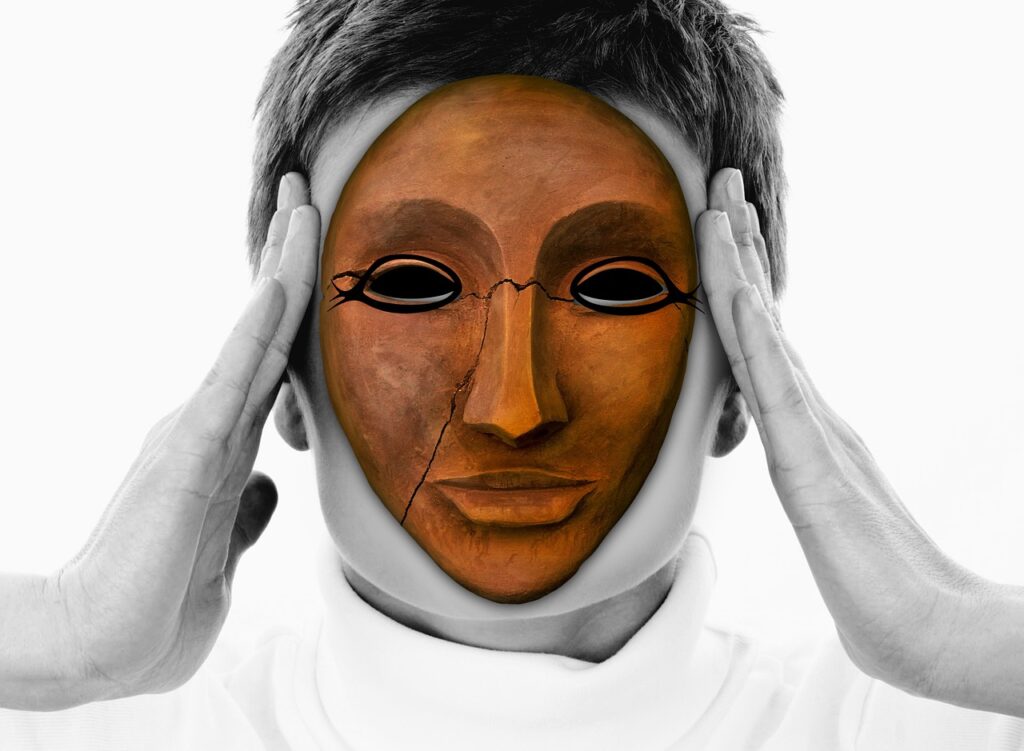🧘♀️ “You’re not ugly; you just have cortisol face.” This is the latest claim making the rounds on TikTok, with influencers saying that your stress levels could be puffing up your face like a balloon. But is there really science behind this, or is it just another beauty myth gone viral? Let’s dive into the cortisol chaos and see what’s really going on. 🕵️♀️✨
🎭 The TikTok Trend: From Puffy to Chiseled
Influencers like Mandana Zarghami are raking in views with before-and-after shots, showing off their newly slimmed-down faces after “fixing” their cortisol levels. They’re touting lifestyle changes—like switching out weightlifting for walking, or chugging apple cider vinegar—as the secrets to unlocking that snatched jawline. But before you go throwing out your weights and stockpiling tea, let’s break down what cortisol actually does. 🫖💪

🧠 Cortisol: The Real Deal
Cortisol is your body’s built-in alarm system, firing up when you’re stressed. It’s the hormone that gets you through a rough day, but does it really have the power to reshape your face? 🧐 According to experts, the answer is mostly no. Sure, chronic stress can lead to higher cortisol levels, and in rare cases, that could mess with your appearance. But the idea that stress alone is puffing up your cheeks is a bit of a stretch. 😅
Dr. Cristina Psomadakis, a London-based dermatologist, says the whole “cortisol face” trend is just another way people are trying to medicalize normal, everyday stress. “It’s more likely,” she says, “that what we’re seeing is a mix of weight fluctuations, aging, and maybe a bad angle or two.” 📸💄

🤔 So, What’s Actually Happening?
You might notice some morning puffiness after a wild night or a stressful day—blame it on a mix of things like lack of sleep, salty snacks, and a few too many cocktails. 🍕🍸 But these effects are usually short-lived, vanishing once you’re back on track. And while cortisol might play a part, it’s just one piece of a much bigger puzzle. 🧩
In some extreme cases, like with Cushing’s syndrome, super-high cortisol levels can lead to a swollen, rounded face. But Cushing’s is typically caused by taking steroids or having a tumor—not just by stressing over work emails. 📧💼

👀 Hyper-Aware and Hooked on Filters
Let’s be real—social media is a minefield for beauty standards. With everyone filtering, contouring, and now blaming their “cortisol face,” it’s easy to get caught up in the hype. Dr. Psomadakis notes that we’re becoming obsessed with the tiniest details, especially in this age of Zoom calls and HD selfies. But remember, the “flawless” faces you see online are often the result of filters and fillers, not a miracle cortisol cure. 📱✨
IS CORTISOL FACE REAL?
— Mario Nawfal (@MarioNawfal) August 3, 2024
TikTok is abuzz with the term “Cortisol Face,” describing facial swelling and bloating due to high cortisol levels.
However, experts argue it’s mostly a myth, often confused with rare conditions like Cushing Syndrome.
Dr. Vijay Murthy:
“While chronic… pic.twitter.com/6yj5DhU08o
🌟 The Bottom Line: Chill Out!
The experts agree: while managing stress is important, chasing after a “cortisol face” cure isn’t the answer. Your face might change for all sorts of reasons—age, diet, sleep, or just how much you smiled today. So, instead of stressing over stress, focus on feeling good, both inside and out. Your body (and your face) will thank you. 😊🌸
Remember, the only thing that should be influencing your beauty routine is how you feel—not some fleeting TikTok trend. Stay fabulous, stay stress-free, and keep your cortisol in check. 💁♀️✨
